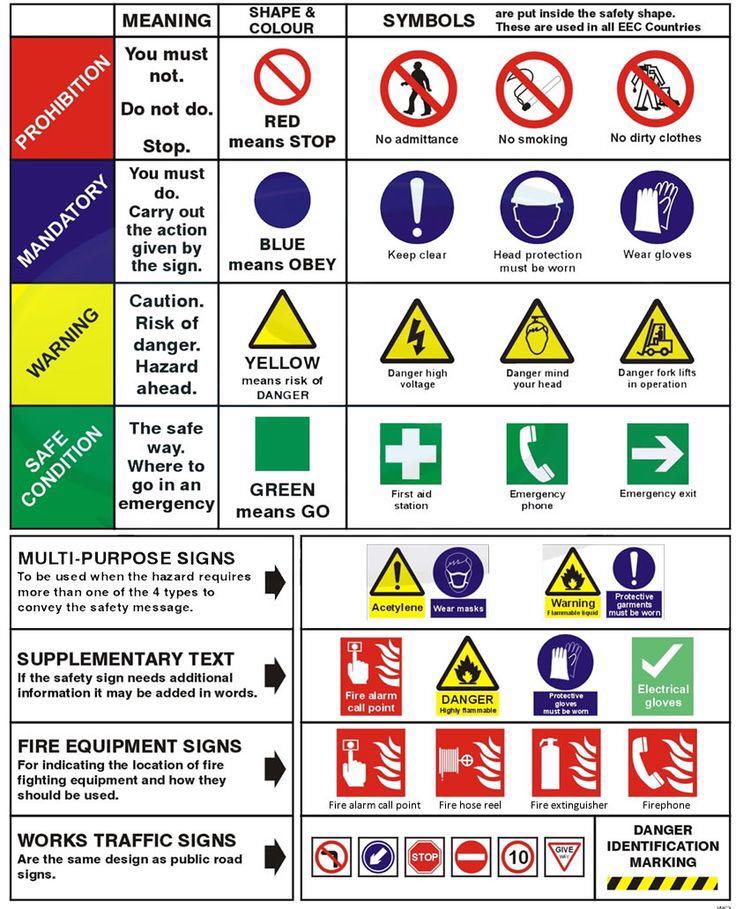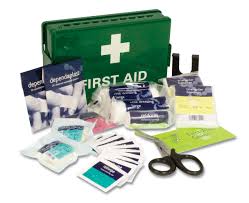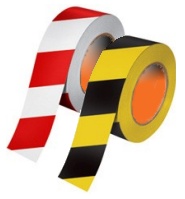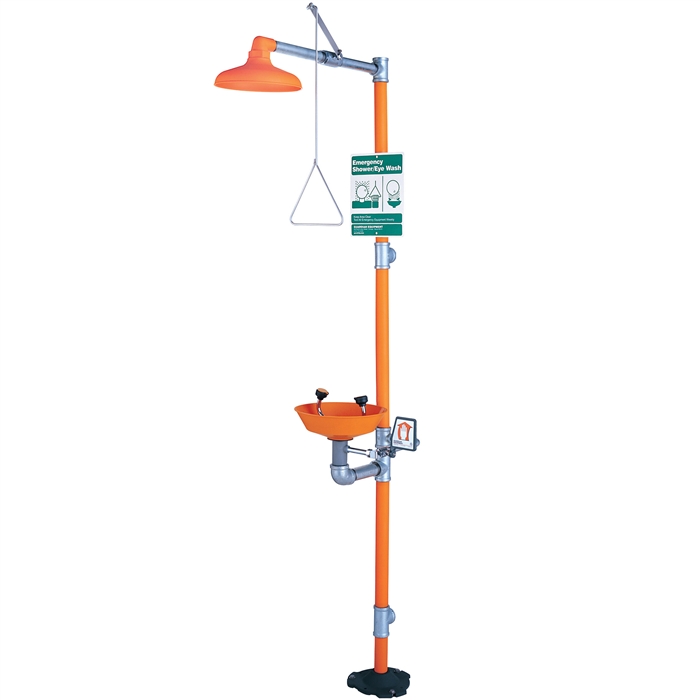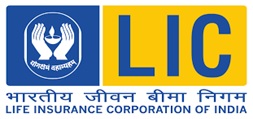Training Objective:
To provide training and knowledge in natural and manmade disaster management.
This training module introduces the basic concepts in disaster management, elements of disaster management, types of natural hazards and brief description of various natural disasters, such as flood, drought, cyclone, earthquake and landslide, and their impact. It aims to impart knowledge, develop skill and re-orient attitude of India’s National Disaster Response Force (NDRF) commanders and to help them discharge their assigned duties in an efficient manner while deployed in disaster management missions.
The first people to respond to a disaster (Natural or Manmade) are those who are living in the local community. They are the first to start rescue and relief operations. The Marks lifesaving Services therefore focus on community-based disaster response, which assists communities to reduce their vulnerability to disasters and strengthen their capacities to resist them.
So we provide training on the community based disaster management training which includes theoretical and practical sessions. The course curriculum provides more details on the subject.
Who Should Attend:
Anyone who is interested to develop his skill in disaster preparedness and response. Corporate / government / Schools / Collages / mining / Industries / Individual and public groups welcome.
Topics Covered:
- Introduction to disaster management
- Country’s vulnerability profile to natural disasters, disaster management system, structures and mechanism;
- Radiological, nuclear, biological, chemical and industrial disasters;
- Early warning system for disaster management;
- Disaster response management;
- Role of NDRF and armed forces in disaster management;
- Incident command system (ICS);
- Direct trainers skills;
- Conducting exercises for disaster response;
- Role of international organizations like - UNOCHA, UNDAC, INSARAG etc;
- Community based disaster preparedness & role of NDRF;
- Emerging issues and road ahead.

